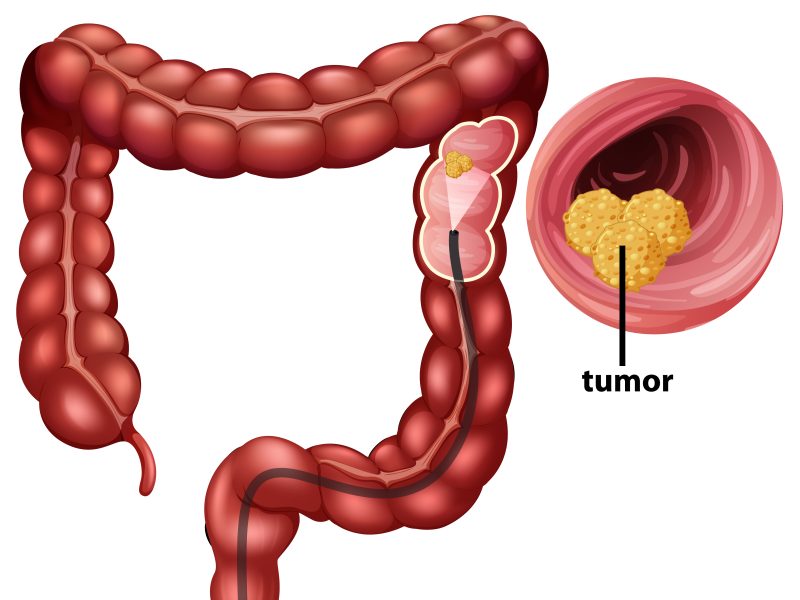Edema is a condition that results in swelling in many parts of the body, such as the legs, arms, feet, or ankles, due to fluid buildup in the tissues. It can be caused by various underlying conditions such as heart, liver, or kidney problems, allergies, pregnancy, or certain medications. In severe cases, edema can lead to discomfort, pain, and difficulty in movement. However, there are several medications available that can help manage the symptoms and underlying causes of edema. In this article, we will discuss in detail what you need to know about medications for edema.
Understanding Edema
Edema is a medical condition that occurs when excess fluid accumulates in the tissues of the body, causing swelling. Edema can be localized or generalized and can occur in any part of the body, although it commonly affects the legs, feet, and ankles. Edema can be managed and treated, but the underlying cause may require ongoing treatment.
Common Causes of Edema
There are various causes of edema, including:
– Heart failure
– Kidney disease
– Liver disease
– Pregnancy
– Certain medications, such as steroids and nonsteroidal anti-inflammatory drugs (NSAIDs)
– Prolonged standing or sitting
– Injuries or trauma
– Varicose veins
Visit a vein doctor in Queens to determine the cause of your edema so you can start treating it as soon as possible.
Types of Edema Medications
There are several types of medications available for treating edema, including:
– Diuretics
– ACE inhibitors and ARBs
– Calcium channel blockers
– NSAIDs
– Antihistamines
– Compression stockings
1) Diuretics
Diuretics are medications that assist the body in eliminating excess fluids by increasing urine output. They are typically used to treat edema caused by heart, liver, or kidney issues. Diuretics come in various forms, including loop, thiazide, and potassium-sparing diuretics.
– Most common side effects: dehydration, electrolyte imbalances, and low blood pressure.
2) ACE Inhibitors and ARBs
These medications aid in relaxing blood vessels, lowering blood pressure, and improving blood flow. They are frequently used to treat edema caused by heart or kidney conditions. ACE inhibitors and ARBs may also aid in reducing proteinuria, which is the presence of excess protein in the urine.
– Most common side effects: dry cough, dizziness, and low blood pressure.
3) Calcium Channel Blockers
Calcium channel blockers are medications that aid in the relaxation of blood vessels, improvement of blood flow, and reduction of blood pressure. They are frequently used to treat edema caused by heart problems. Calcium channel blockers can also be effective in treating other medical conditions, including angina, high blood pressure, and Raynaud’s disease.
– Most common side effects: headache, dizziness, and low blood pressure.
4) Antihistamines
Antihistamines are drugs that block histamine. This chemical is released by the immune system in response to an allergic reaction. Doctors prescribe these medications when edema is caused by an allergy, such as hives. In addition, antihistamines can be helpful in relieving symptoms associated with allergies, such as itching and sneezing.
– Most common side effects: drowsiness, dry mouth, and dizziness.
5) Compression Stockings
Compression stockings are a non-pharmaceutical method of treating edema. They are garments that exert controlled pressure on the legs and are intended to improve blood flow and reduce swelling. Compression stockings are available in many styles, such as knee-high stockings, thigh-high stockings, or full-length stockings. They are effective for a variety of conditions, such as varicose veins, deep vein thrombosis, and lymphedema.
When to Seek Medical Help for Edema
Edema may indicate an underlying health condition, particularly if it persists or becomes severe. If you experience edema alongside other symptoms such as chest pain, shortness of breath, or difficulty breathing, it is critical to seek medical attention right away. Furthermore, if you suddenly experience swelling or edema in one leg or arm, it could be a sign of a blood clot, and you should seek emergency medical attention.
Precautions When Using Edema Medications
As with any medication, it is important that you follow the dosage and duration prescribed by your doctor. Consult your doctor before discontinuing the medication, and keep them informed if you develop any side effects. It is also important to monitor your condition, and if the edema does not subside, discuss it with your doctor. Avoid taking any over-the-counter medications or supplements if your doctor has not instructed you to do so.
Conclusion
Dealing with edema can be challenging and uncomfortable, but there are various treatment options and medications that can help manage its symptoms and underlying causes. It is crucial to seek medical help if you experience edema to determine the underlying cause and appropriate treatment options. Always follow the prescribed medication and take necessary precautions to ensure optimal results.
Also Read: Advantages of Telemedicine Solution for Doctors and Patients


